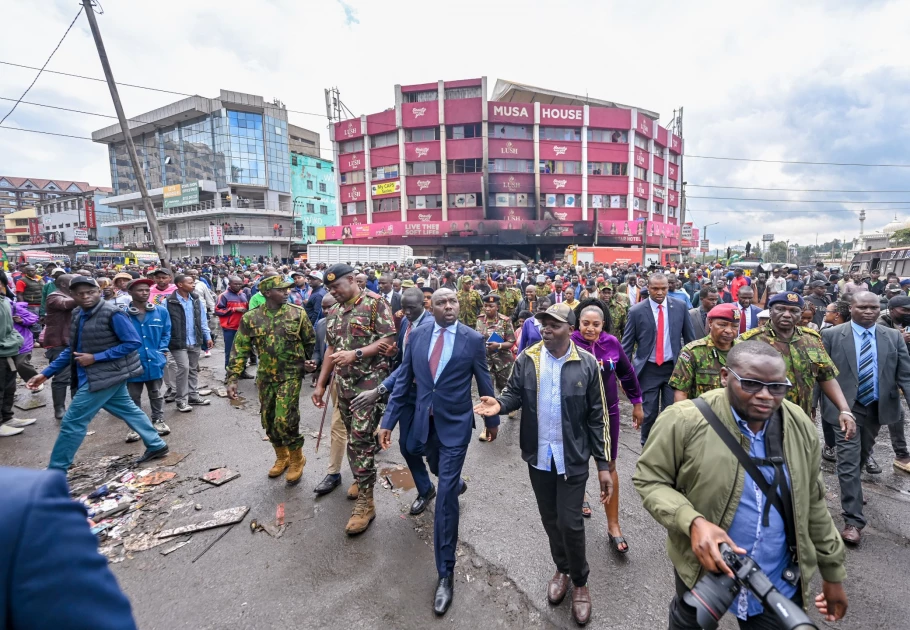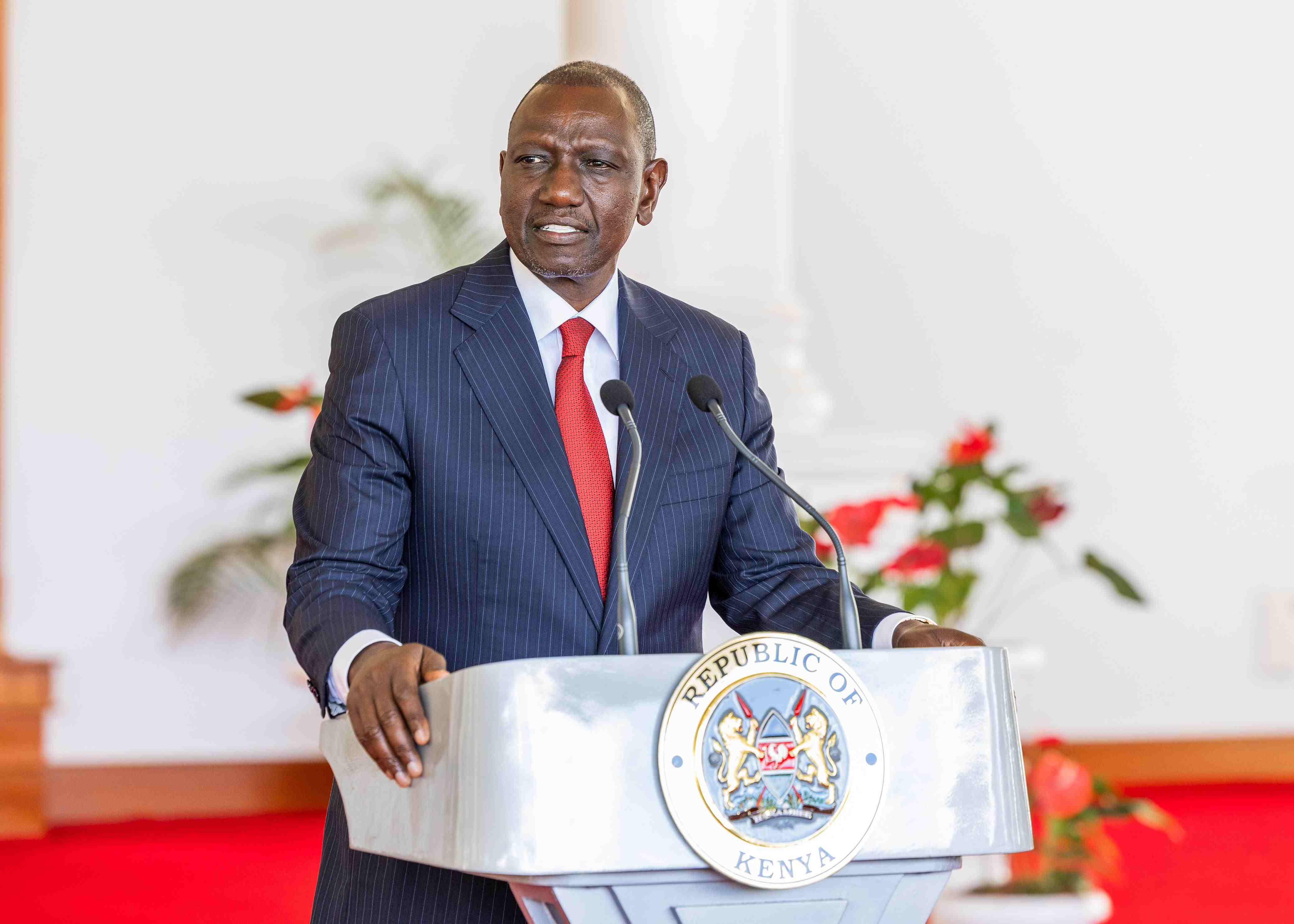Junet condemns June 25 protests as plot to overthrow govt
Suna East MP Junet Mohamed has dismissed the June 25 protests as a politically-driven plot to overthrow the government, not a Gen Z-led movement. He accused fellow politicians of mobilizing unrest under the guise of youth activism, citing selective destruction in targeted regions. Junet called for tighter protest regulations and investigations, sparking fresh debate on the true forces behind Kenya’s recent demonstrations.
We lost an election as ODM, and we abided by the decision of the Supreme Court; we never attempted to overthrow the government - MP Junet Mohamed
Posted by K24 TV on Thursday, June 26, 2025
Suna East MP and National Assembly Minority Leader Junet Mohamed has sparked fierce debate following his contentious claims about the June 25 protests. Speaking in Parliament on Thursday, June 26, 2025, Junet dismissed the popular belief that the demonstrations were a spontaneous uprising by Kenya’s Gen Z population. Instead, he alleged that the protests were part of a deliberate political scheme aimed at destabilizing and ultimately overthrowing the government.
During the emotionally charged session, Junet tabled a motion condemning what he described as "acts of lawlessness, destruction, and vandalism" witnessed during the protests. He asserted that the demonstrations were politically orchestrated, cleverly disguised as youth-led movements to win public sympathy. “Kenyans are being lied to,” he stated emphatically. “This was not a Gen Z demonstration. Some of our colleagues in this House were directly involved in mobilizing protesters in Nairobi.”
Junet further alleged that powerful political figures had backed and financed the protests. He highlighted patterns of organized unrest in specific regions such as Kiambu, Murang’a, Thika, and parts of Nairobi. These areas, he argued, were strategically targeted to maximize impact and provoke confrontation with authorities. In contrast, he noted that counties considered strongholds of certain political leaders, such as Kisumu, Homa Bay, and Kisii, remained largely untouched by the violence. “That tells you who the chief goon is,” Junet provocatively remarked, suggesting that some politicians may have shielded their own regions while fueling unrest elsewhere.
Though he acknowledged the constitutional right to peaceful assembly under Article 37, Junet contended that the violent turn of events on June 25 had grossly violated that right. His motion to condemn the protests echoed a growing narrative among government allies who argue that the demonstrations should be more tightly regulated. Many of them are now calling for deeper investigations to identify and prosecute those who masterminded the chaos.
The June 25 protests coincided with the anniversary of the deadly anti-Finance Bill demonstrations of 2024, which similarly ended in violence. This year, the protests resulted in the deaths of at least 16 people, many reportedly shot by police, according to Amnesty Kenya. The Gen Z demonstrators had taken to the streets calling for President William Ruto’s resignation, accusing his administration of economic mismanagement. International media outlets like the BBC reported extensively on the youth-led revolt, amplifying global attention on Kenya’s political climate.
However, Junet’s statements have shifted the national conversation. His claims suggest that the protests were less about economic frustration and youth grievances, and more about a carefully executed political agenda. This shift has reignited a national debate over the true motivations behind Kenya’s ongoing wave of demonstrations. Are these genuine expressions of civic frustration, or are they being hijacked by political elites for personal gain?
As parliamentary debate over the motion continues, Kenya finds itself at a critical crossroads, grappling with fundamental questions about governance, democracy, and the role of political actors in shaping public dissent. Junet’s controversial remarks have only intensified scrutiny, leaving many Kenyans to wonder who truly stands behind the unrest and what lies ahead for the country.


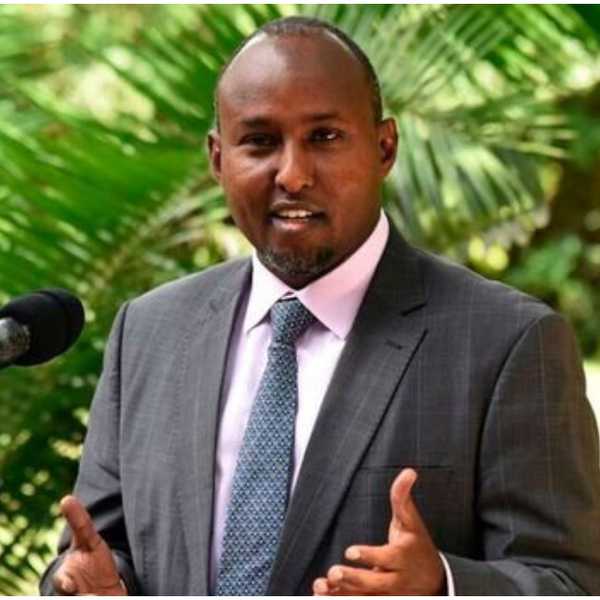

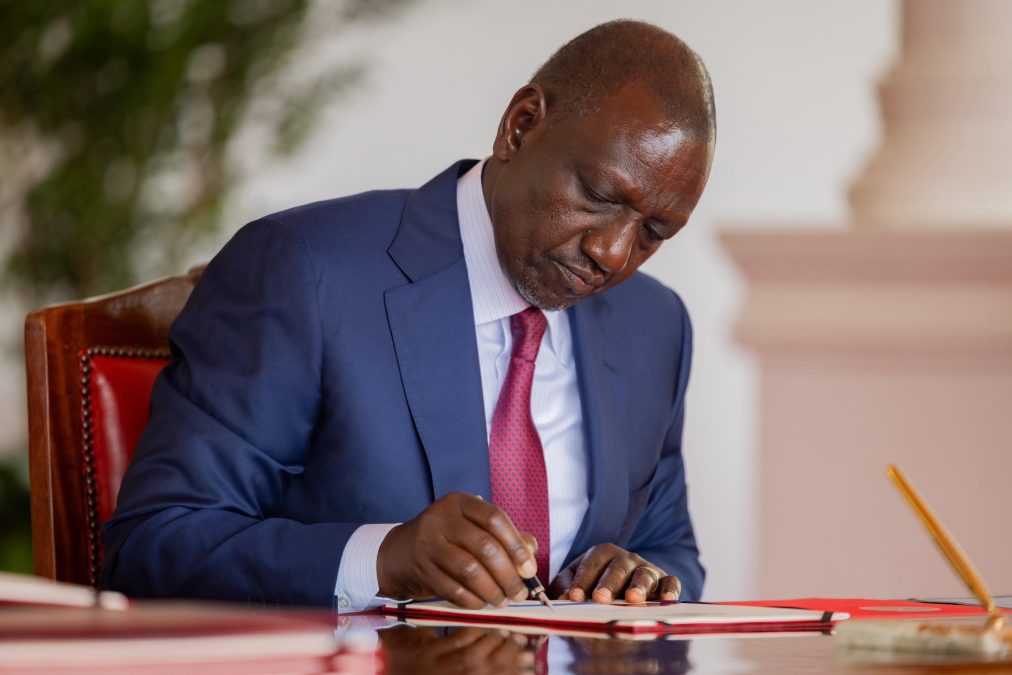
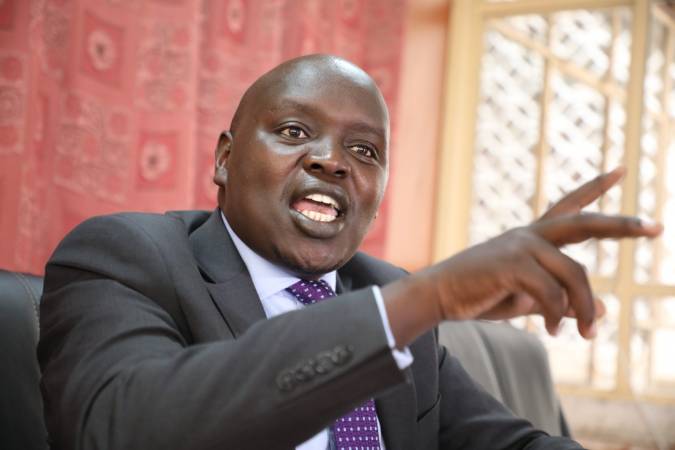
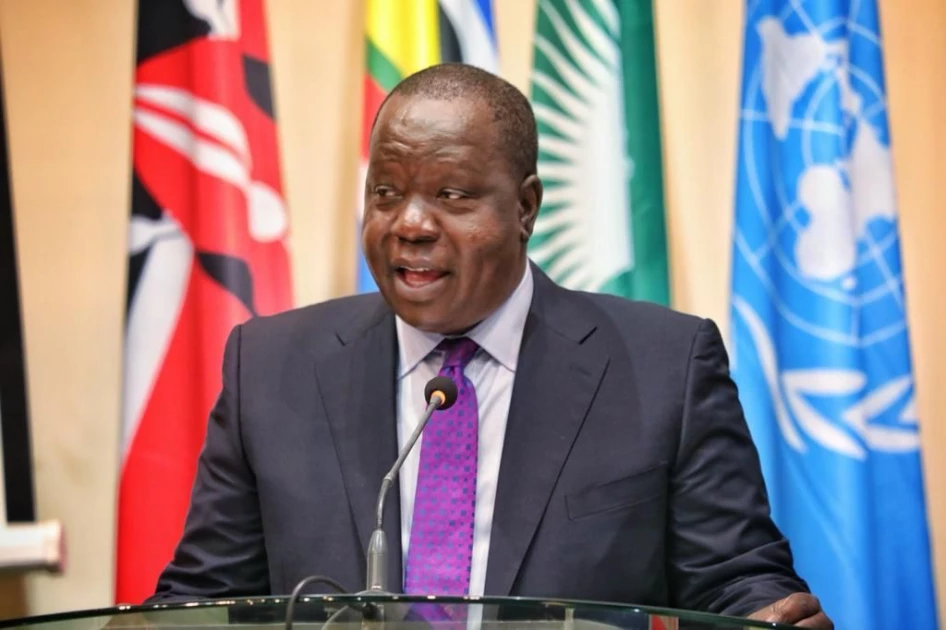
-og_image.webp)
